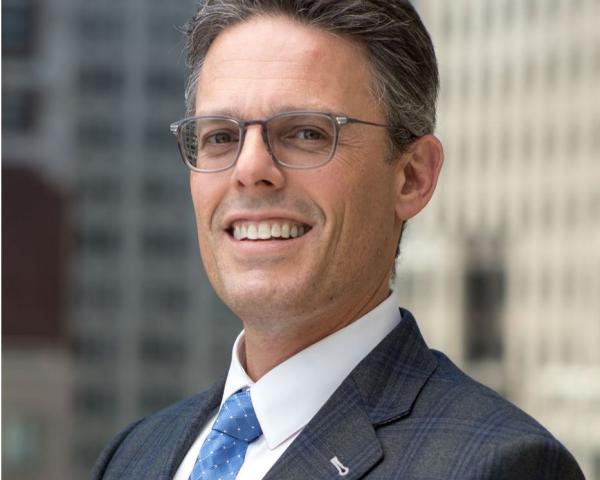
Understanding Thermal Energy Networks: A Building Decarbonization Approach to High-Quality Union Jobs
When & Where
Date & Time
Location
Overview
In New York and across the country, buildings account for the highest proportion of emissions produced. To meet our decarbonization goals, we need approaches to heating and cooling that go beyond individual buildings. Thermal energy networks capture and transfer heat—often by heating or cooling water—and then distribute it through underground pipes to nearby buildings, providing an efficient, shared solution. Building these shared networks can help reduce pollution, create jobs, and ensure more communities can benefit from clean energy.
This webinar will serve as an introduction to thermal energy networks, covering what they are, how they function, and their economic and climate implications. By attending this webinar you will hear from labor leaders and climate experts invested in the future of expanding thermal energy networks across New York and learn about projects that are already being built. We will also discuss what needs to be done in New York to expand access to thermal energy networks outside of current pilots.






